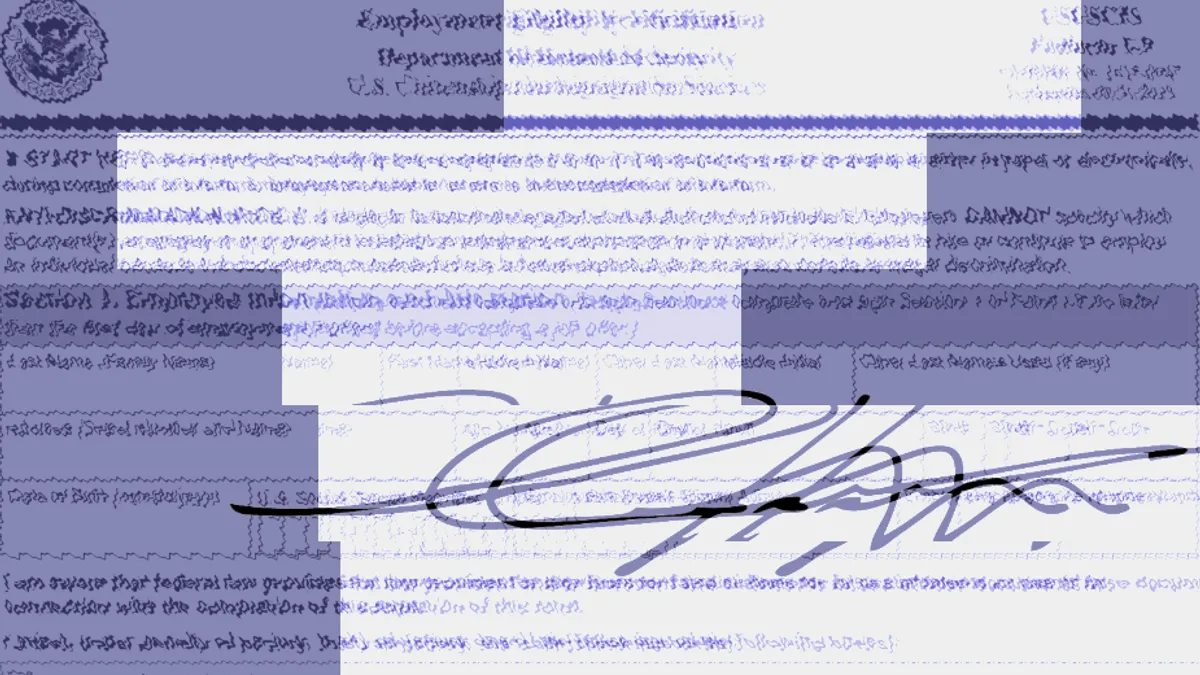Data is at the core of any effective compensation strategy. More specifically, salary data found in salary surveys. A salary survey is a tool for delivering competitive pay by comparing your company to the external market for similar jobs. Salary surveys are an important component of any compensation strategy as they inform important decisions for finding and keeping talent. Knowing the market value of jobs in your organization enables you to make competitive offers when hiring, as well as reduces the risk of over or underpaying for roles, which can lead to turnover or poor results. For most companies employee salaries are among the largest expenses so misinformed decisions can also have an impact on financial performance. But, with so many different surveys and vendors out there, how do you know which one will provide the insight you need to deliver the results you want?
Whether you are in the market for new salary surveys or have been using the same vendor for years, here are six questions you should be asking survey providers.
1. What jobs are included in the survey?
A salary survey will only be useful if the jobs included in it are aligned to those at your company. Most credible survey providers publish position lists with each survey along with job descriptions. Match the jobs in your organization to the survey position descriptions, being careful not to rely on titles alone. Matching a sufficient portion of your jobs with those in the survey is a good indicator that the survey is a good fit for your company.
2. Who participates in the survey(s)?
No two surveys are the same. Knowing what companies have participated in the survey and therefore make up the data set is critical when selecting a survey, because this is how you will represent the labor market you compete against. You’ll want to make sure that the survey contains a healthy number of participants, to ensure sufficient data. You should also ensure that the companies included are relevant to yours - in terms of revenue, number of employees, industry, location, etc. - so that you have a proper competitor data set.
3. How is the data collected?
Understanding the methodology behind a survey promotes confidence in the data and validates the trustworthiness of the source. Employer-reported surveys contain data provided by actual companies from their HRIS that goes through a rigorous cleaning and validation process to ensure accuracy. With the help of automation (and some keenly observant survey specialists), submissions are analyzed in a variety of ways, keeping an eye out for any abnormalities or discrepancies that might compromise the accuracy of the survey. Once all data is collected, outliers and discrepancies are identified and then validated by the participant to determine whether the outlying data is relevant, or if it should be omitted from the results. Survey vendors who subscribe to this level of rigor produce the highest quality product.
A reputable salary survey provider will also adhere to Safe Harbor guidelines outlined by the US Department of Justice and Federal Trade Commission. Compliance with these antitrust guidelines ensures that participants’ data is protected and prevents anti-competitive misuse of information. The guidelines are as follows:
-
The survey must be conducted by a third party (such as a consulting firm).
-
Data must be at least 90 days old.
-
Each statistic reported must have at least five companies reporting data.
-
Data must be aggregated so that no single company can be identified.
-
No single company should represent more than 25% of any statistic reported.
4. Do you have industry specialization?
For common jobs found at most companies (like accounting or IT), a general industry survey is your best bet because you are likely competing with all different kinds of companies for talent. But, if your market pricing activities include jobs unique to your industry, you’ll want to use industry-specific survey data. In an industry-specific survey, the dataset only includes companies that identify within the particular industry. Although the participant set is often smaller, there is a larger number of participants in your particular industry, making the data more statistically significant. You’ll also find more jobs or variations of jobs that are relevant to your particular industry allowing for more-specific job matching. Some industry-specific surveys will also include policy and practice information, which will capture practices that differ from the broader industry. For example, only in healthcare surveys will you find information on all the various types of pay that apply to nurses.
5. What data scopes/cuts are available?
Having the ability to slice and dice your survey data to most closely align to your organization’s unique jobs or needs is key. A robust survey will contain enough data for you to view pay based on refined criteria, such as role, geography, pay elements or industry. By refining the data, you’ll be able to create a more comparable labor market for more precise results. Using a data set that is too broad could result in the inability to accurately reflect the impact of a role or the competitor set for your company, which can lead to over or under-paying for jobs.
6. How do I participate in your salary surveys?
Participating in salary surveys is a commitment. You will want a vendor that allows sufficient time to complete the task and makes the process as easy as possible. Access to previous data submissions will greatly streamline your effort while participation documentation, webinars and access to a client support team are all reasonable expectations on your part. You may even inquire about participation services and the vendor’s capacity to complete the task on your behalf.
Some vendors produce a library of salary surveys, so look for the ability to submit your data one time to have it included in all relevant surveys rather than making multiple submissions. More often than not, there will be questions about your submission — whether it is missing data or an outlier — that will need to be addressed. This ensures a quality deliverable when final results are published, so if data validation isn’t part of the participation process, you should be leery of the source.
In addition, many vendors offer steep discounts on survey results when you participate in the survey!
Bonus: What else is included besides the data?
Often, survey vendors will include “extras” along with your salary survey purchase. Does the vendor host a live webinar to walk through the survey results and provide insights? Do they offer networking opportunities or virtual learning events? Is the survey data delivered via a proprietary tool that enables easy filtering and analysis? Does the survey include policies and practices? While the quality of the actual survey data is top priority, don’t discount the added value you could get from items and services offered by vendors.
Selecting a salary survey takes a bit of work, but it’s worth it! Finding the right vendor can lead to a long-lasting partnership and won’t leave you shopping around every year for a reliable data source.
Want to learn more about how salary surveys could benefit your company? Contact us today for a free survey review at [email protected] or 855-286-5302.










